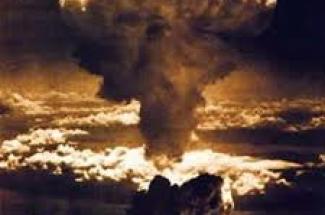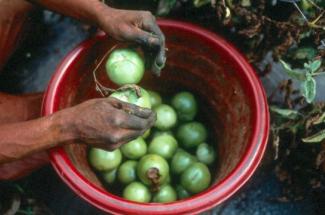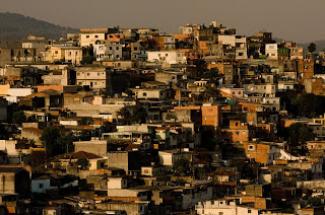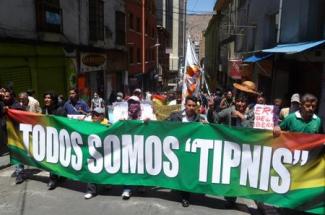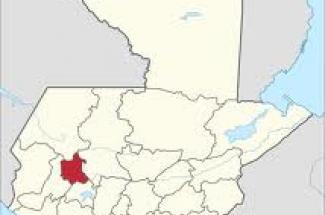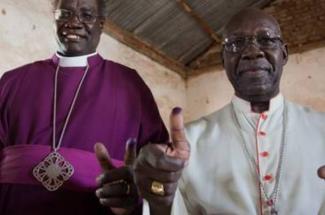Resources -- November-December 2012
The following are suggested resources published in the November-December 2012 NewsNotes.
Hershey’s commits to 100 percent certified cocoa
On October 3, the Hershey Company announced that by 2020, all of the cocoa it sources will be independently certified, according to a press statement, "to assure that it is grown in line with the highest internationally recognized standards for labor, environmental and better farming practices."
UN Conference on Small Arms, Light Weapons
The following article was published in the November-December 2012 NewsNotes.
Nuclear weapons: Moving toward elimination
Fifty years ago, the 13 days of the Cuban missile crisis left U.S. residents with a stronger recognition of the danger that nuclear weapons pose to the entire planet. Today, over 20,000 nuclear weapons exist throughout the world. The nuclear posture review by the current U.S. administration can be an opportunity to make progress toward a nuclear weapon free world. The following article was published in the November-December 2012 NewsNotes.
Trans-Pacific Partnership: Secret negotiations
In early September countries involved in the Trans-Pacific Partnership (TPP) negotiations resumed their 14th round of negotiations in Leesburg, VA. Though lip-service was given to transparency by the inclusion of stakeholder engagement, the meeting proceeded with the kind of secrecy that shrouds most trade negotiations. The following article was published in the November-December 2012 NewsNotes.
Climate change: Final prep for Qatar conference
As we pray for those affected by the terrible devastation in the wake of Hurricane Sandy at the end of October -- a storm whose size and ferocity can be attributed to climate change -- we are faced with the dire need to respond as one Earth community. The following article was published in the November-December 2012 NewsNotes.
Global hunger: Who decides what?
In recent years industrial agricultural corporations and financial actors have taken control over many aspects of the global food industry including land, production processes, and even the pricing. At the same time governments and multilateral organizations increasingly are embracing and promoting private sector solutions in the struggle against hunger and malnutrition without adequate public regulation of existing conflicts of interest. As all of this unfolds, concerns escalate that the people suffering from hunger and malnutrition will have even less access to food and to the resources to grow food for themselves. Moreover, these very people may even lose their voice in the political decision making process around food policy. The following article in the November-December 2012 NewsNotes looks at recent attempts to identify and address these concerns as hunger around the world only increases.
Brazil: Archdiocesan group sponsors debate
The following update was provided by Maryknoll Fr. Dan McLaughlin and was published in the November-December 2012 NewsNotes.
Central America: Promoting restorative justice
Escalating violence and crime in Central America during the last decade and the devastating toll they take on society demand urgent attention. The following article was written by Rhegan Hyypio and published in the November-December 2012 NewsNotes
Bolivia: Update on TIPNIS
The following article is written by Maryknoll Fr. Eugene Toland, who lives in Cochabamba, Bolivia. See related articles in the March-April 2012 and November-December 2011 issues of NewsNotes.
Guatemala: Protestors put down by police, military
The Pan American highway runs through a barren stretch of Guatemalan territory at kilometer 170. This cold and deserted place, known to the local population as the Alaskan Summit, was the site of Guatemalan President Otto Perez Molina’s recent attempt to silence opposition resulting in the October 4 deadly clash between indigenous protestors and members of the Guatemalan military, a clash which resulted in at least eight deaths and several injuries.
Sudan/South Sudan: Step toward peace
The following article, contributed by Marie Dennis, explains how church leaders responded to the September 27 Cooperation Agreement between Sudan and South Sudan; the agreement covers a number of areas of vital importance, including oil, security arrangements, economic affairs, the status of nationals of the other states, a framework for cooperation on central banking, borders, trade, and other matters.




